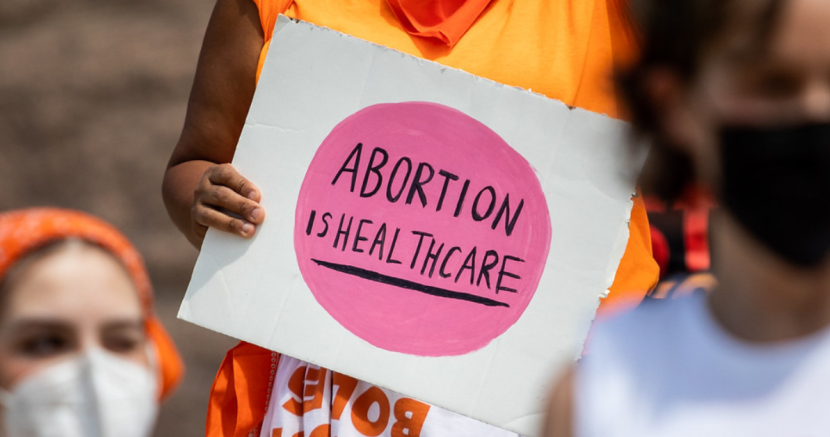Protect Abortion Rights: Provide Public Comment to the Texas Medical Board

Key Facts and Topline:
- The Texas Medical Board met on March 22, 2024, public comment is now open
- Their meeting was dedicated to exceptions to statewide abortion bans
- A vague definition was provided, disappointing reproductive rights advocates
- Use Your Voice: Leave a Public Comment here!
Do No Harm or Do Nothing?
The first rule in medical ethics is nonmaleficence: do no harm. The Texas Medical Board failed to follow this promise on March 22, when they neglected to clarify the definition for “medical emergencies'' as it relates to exceptions to Texas’ statewide abortion bans. The Board proposed a rule which defined a medical emergency as “a life threatening condition aggravated by, caused by or arising from a pregnancy that is certified by a physician places the woman in danger of death or a serious impairment or a major bodily function unless an abortion is performed.”
This is extremely broad, with no mention to the long list of conditions that complicate pregnancies and endanger lives. Abortion is a necessary, life-saving procedure crucial for treating many dangerous pregnancy conditions, so this was a crucial task that the Board failed to deliver on. They neglected to provide a pathway for healthcare providers to safely adminster reproductive healthcare for their patients, without fear of retaliation by extremist leaders or SB 8 entitled citizens, who lob penalties of up to $100,000 and up to 99 years in prison. Many abortion advocates were hoping for more, and were left disappointed by the Board’s inaction on specifying emergency conditions and expanding on how doctors could protect themselves.
What Happens Now? Who’s Responsible?
Back in November of 2023, the Board was prompted by the Texas Supreme Court to clarify exceptions to Texas’ abortion bans, asked in several cases from the Center for Reproductive Rights (CRR). Kate Cox’s lawsuit was the first to ask the Board for their input, and she eventually had to leave the state to receive healthcare in the meantime. Her life, health, and fertility were put at risk because it was unclear what constituted a medical emergency. She visited the emergency room four times, and suffered an extreme decline in health, but with no clarity, she could not receive life-saving abortion care in our state. The Board said its process would be “separate and independent” from any in a criminal trial, but there is no time to wait nor deny the connection to the CRR cases and endangered Texans, lives are on the line.
Inaction cannot be accepted with Texan lives in jeapordy. If the Legislature, Courts, and Texans themselves are asking the Board to specify when doctors can perform an abortion, how they can demonstrate “resonable medical judgement”, and with what evidence to prove an abortion was necessary, then the Board should provide. Further, we know that defining treatment plans protects access to reproductive healthcare. In fact, abortion is defined by the Board by also including an explicit mention to what it is not: it “does not include birth control devices or oral contraceptives.” We need clarity now on what the Texas Medical Board views as medical exceptions so doctors and patients can freely navigate access to reproductive healthcare.
What You Can Do
For at least 30 days, the Texas Medical Board is receiving public comments on this definition and related language in their rule on Exceptions to Abortion Bans. It is up to all of us to advocate for abortion rights. Join us.
What’s Next
- Use Your Voice: Leave a public comment here!
- Follow the Supreme Court Case: On March 26, SCOTUS will hear the medication abortion case.
DONATE
Your donation supports our media and helps us keep it free of ads and paywalls.








